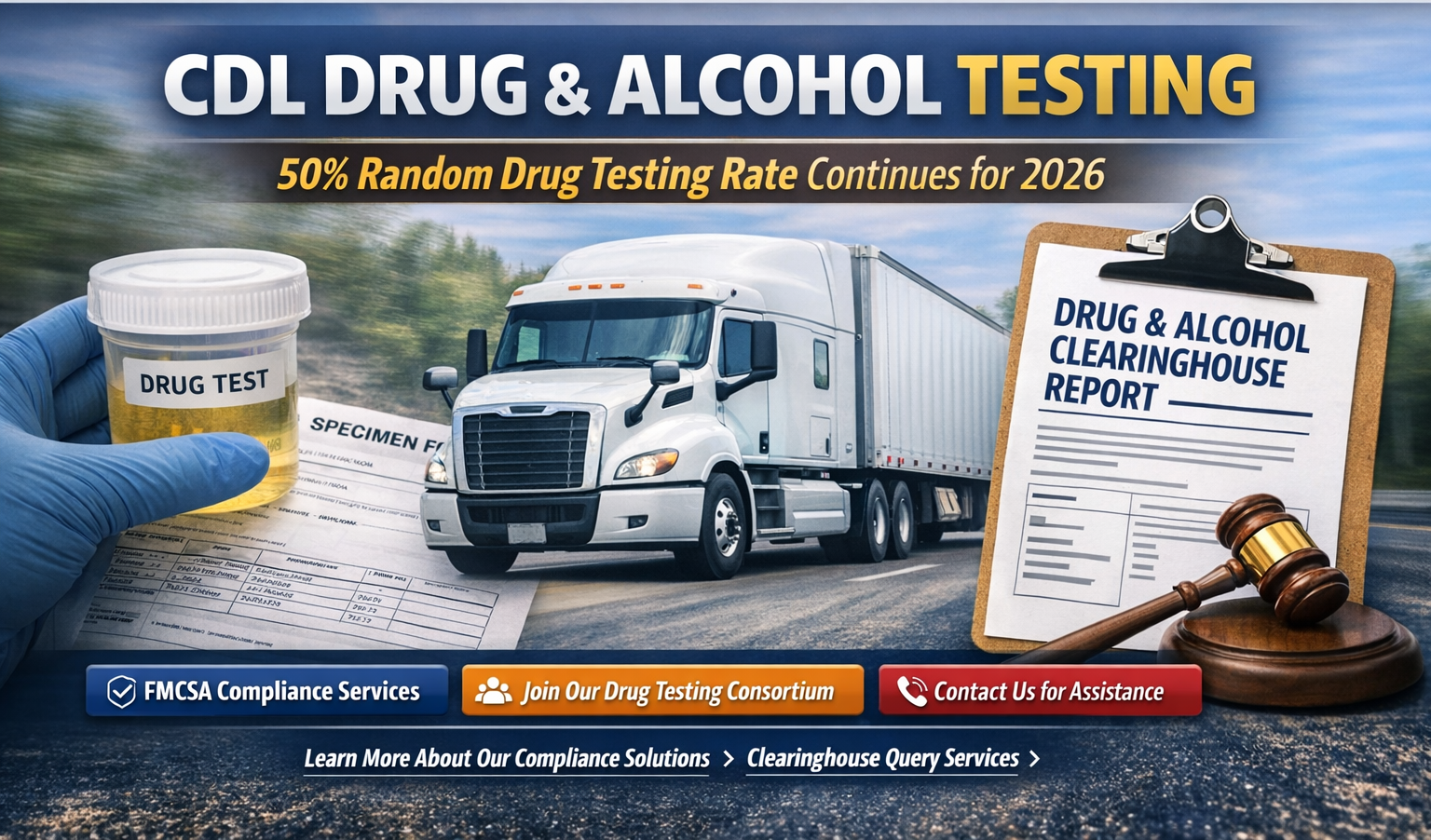The Federal Income Tax: How It Measures Up and What It Costs
April 27, 2016
Share this article:

The Federal Income Tax – We’ve recently been working on our federal income taxes, since Tax Day is next Monday this year. Probably many of you have been too. From time to time, we’re called on to evaluate tax proposals of various kinds, and we’ve developed a number of criteria that help one to tell a bad tax from one that’s, well, not so bad. Most tax people, we’ve found, use a set similar to ours. It occurred to us to run the federal personal income tax past these criteria, so see how it comes out (although we had our suspicions before we began). Here goes: The first criterion, and actually one of the more important, is Efficiency; that is, a tax is Efficient if it can be administered and complied with relatively inexpensively. One source says compliance with the U.S. income taxes may cost $1 trillion annually. (See www.mercatus.org.) Efficient? Nope. Equitable? With a tax, fairness is largely in the eye of the beholder, but it can plausibly stand for the notion that similarly situated taxpayers – whatever that means – pay similar amounts of tax. But with a tax system so complex as to be almost arbitrary, who can judge this? The personal income tax is Effective, however. That is, it does bring in a lot of money. Is the personal income tax Enforceable? IRS says it is, as far as income that is both reported and withheld on, such as wages, is concerned. For income that is reported but not withheld on – payments requiring a Form 1099, let’s say – not so much. For income that is neither reported nor withheld on, hardly at all. Well then, is the tax Competitive – does it disadvantage U.S. individuals vis-à-vis other people? With a national tax, this is mostly a moot point, but we would point out that many American living abroad more or less permanently are mightily tempted to give up their citizenship rather than continue paying U.S. taxes – and many do. Is the personal income tax Neutral, or do tax considerations unduly affect personal and business decisions that we all make? Ha! Finally, is the personal income tax Nonintrusive? No, not that either, since IRS knows a great many personal details of all of us with income enough to tax (and is it’s evidently none too careful with those details, either). We could add up the score here, but we’ll let you draw your own conclusions. Oh yes – the corporate income tax? Let’s just say it comes out worse than the individual tax on every single criterion.
Update on NYS HUT Credentials – Speaking as we were of bad taxes, the New York State budget bill, signed April 12, 2016, includes a reduction in the fees the state charges for its highway use (weight-distance) tax credentials from $19 per vehicle for a permit and decal to $1.50. A recent court decision had held the higher fees to be a violation of the Commerce Clause, but suggested that a much lower fee might not be. The New York State Motor Truck Association reported yesterday that the state’s OSCAR system is once again available to carriers not based in New York, for the purchase of permits and decals. That’s extremely good news for many. For more information, contact Kendra Hems at NYSMTA at 518.458.9696 or khems@nytrucks.org.
Tax Freedom Day Approaching – Every year the Tax Foundation declares Tax Freedom Day, the day the average American has paid off all his local, state, and federal taxes and can keep the rest of what he makes the remainder of the year. This year, that day is April 24. That’s a day earlier than last year, because, says the Tax Foundation, it estimates that the federal government will be collecting slightly less revenue this year overall. But the feds will still be collecting some $3.3 trillion in 2016, and state and local governments about half that much on top of it. Of course the tax burden varies by state; April 24 just represents the average. In Connecticut, people aren’t tax-free until May 21 this year, while in Mississippi they were all paid up nearly two weeks ago, on April 5. All the details are on the Foundation’s website, at www.taxfoundation.org.
fleet insights






